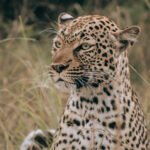
Best Time to Visit Tanzania
November 12, 2025
When to See the Great Migration in Tanzania
November 26, 2025Why Understanding Family Safari Seasons Matters
Knowing the right family safari seasons is crucial for designing unforgettable wildlife adventures, walking safaris, and luxury safaris across East Africa. Families planning African trips often ask which months offer the most predictable weather, the best wildlife viewing, and safe road conditions for game drives, hiking tours, or gorilla trekking. Jackal Wild Adventures leverages local expertise to design family-friendly safaris, combining cultural experiences, wildlife encounters, and beach holidays.
Many travelers wonder if walking tours, snorkeling adventures, or luxury safari lodges fit within these seasons, and the answer is yes when itineraries are carefully planned. Families can also combine wildlife safaris with gorilla trekking in Uganda or Rwanda, as well as hiking trips on Mount Kilimanjaro, all synchronized with seasonal patterns. Understanding family safari seasons empowers travelers to select prime months for wildlife visibility, scenic landscapes, and cultural immersion, making each African journey both educational and exhilarating.
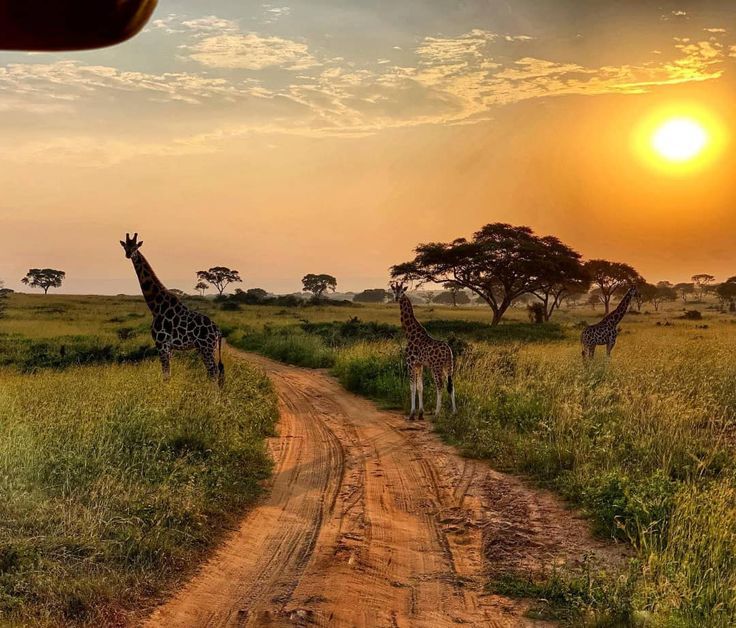
Family Safari Seasons
Prime Dry Season: June to October: Peak Family Safari Seasons
Why This Period Offers the Best Wildlife Viewing
The main dry season from June to October defines the most favorable safari seasons across Tanzania, Kenya, and Uganda. Wildlife congregates near rivers and waterholes, making game drives highly productive. Families often ask whether this period suits family-friendly tours or walking safaris, and guides confirm that predictable weather and accessible roads provide safe, exciting opportunities for children and adults. The Serengeti’s Great Migration moves through the northern plains toward Kenya’s Masai Mara from July to October, creating extraordinary spectacles. Families on wildlife safaris witness dramatic river crossings, predator-prey interactions, and large herd gatherings.
Coastal regions like Zanzibar, Watamu, and Diani offer ideal beach weather during these months. Families also inquire whether snorkeling or dhow cruises fit within safari seasons, and calm seas allow safe and enjoyable marine excursions. Hiking trips on Mount Kilimanjaro or Mount Meru are fully accessible, making the dry season perfect for combining hiking tours with wildlife safaris. Additionally, families interested in gorilla trekking can plan complementary adventures in Uganda or Rwanda. Choosing these family safari seasons maximizes wildlife sightings, cultural engagement with Maasai or Hadzabe communities, and the overall comfort and safety of all travelers.
Secondary Dry Season: January to February: Alternative Family Safari Seasons
Excellent Conditions for Families Seeking Less Crowds
Another prime window for family safari seasons occurs from January to February. Many families ask if these months provide sufficient wildlife activity for family-friendly tours, and the answer is yes, because the Serengeti experiences its calving season, attracting predators while newborns remain highly visible. The dry conditions also make walking safaris and hiking trips safer and more comfortable. Families visiting Zanzibar or other coastal destinations enjoy warm, calm waters ideal for snorkeling, swimming, and relaxing on pristine beaches. Cultural experiences remain vibrant, with communities actively demonstrating traditional dances, herding methods, and craft-making.
Many travelers ask if gorilla trekking or multi-destination tours work during these family safari seasons, and guides confirm optimal trekking conditions in Bwindi Impenetrable Forest or Volcanoes National Park. Family safari holidays during this secondary dry season allow for serene, less crowded experiences while maintaining access to iconic wildlife and landscapes. Booking during January or February often balances availability with premium experiences, enabling families to combine luxury safaris, walking tours, game drives, and cultural interactions into a seamless, enriching journey.
Wet Season Advantages: March to May & November: Alternative
Why Families Might Choose Rainy Months
Families considering family safari seasons often overlook the wet months between March and May or November, yet these periods offer unique benefits. Many lodges reduce prices, creating more affordable family safari holidays without sacrificing quality. Landscapes transform into lush greenery, enhancing photography opportunities and scenic beauty during walking safaris or hiking tours. Families ask whether wildlife remains visible during these months, and while animals disperse more widely, guides know prime locations for game drives. Cultural experiences flourish as local communities continue traditional practices, offering meaningful interactions for children during family-friendly tours.
Coastal areas remain accessible, with fewer tourists, providing relaxed snorkeling and beach holidays. Families interested in multi-destination trips can integrate gorilla trekking and hiking tours into these family safari seasons, taking advantage of less crowded trails. Despite occasional rains, roads in key parks remain navigable with experienced guides. These months appeal to travelers prioritizing affordability, lush landscapes, and private experiences, proving that even off-peak family safari seasons can offer rich wildlife encounters and immersive African adventures.
Calving Season and Predator Action: For Wildlife Enthusiasts
When Newborn Animals Shape Family Safari Experiences
Families asking about the best family safari seasons for observing calving often focus on January through February in Tanzania’s Southern Serengeti. Thousands of newborn wildebeest calves emerge, attracting predators such as lions, cheetahs, and hyenas. Many families inquire whether this period suits children on family-friendly tours, and experienced guides ensure safe distances during wildlife safaris while delivering high-impact encounters. Walking safaris in designated areas allow observation of smaller animals, birds, and plant life, enriching family tours with educational insights.
Families also ask if snorkeling, hiking trips, or gorilla trekking can be integrated into these family safari seasons, and regional logistics allow seamless multi-country adventures. Combining predator-focused wildlife safaris with beach relaxation in Zanzibar, cultural tours with Maasai communities, or guided hikes creates unforgettable memories. The calving season emphasizes wildlife intensity, making it one of the most sought-after family safari seasons for photography, learning, and adventure for both adults and children. Every aspect of these months, from game drives to cultural immersion, supports safe, engaging, and educational family holidays.
Great Migration Viewing: Herd Spectacles
Why July to October Defines Peak Family Safari Seasons
The annual Great Migration attracts families seeking iconic wildlife spectacles during prime family safari seasons. Families ask whether they can safely observe wildebeest and zebra river crossings while maintaining comfortable accommodation standards. Jackal Wild Adventures ensures game drives are timed for optimal viewing, balancing adventure with family safety. Walking safaris around Moru Kopjes or guided hikes in adjacent hills allow smaller groups to experience flora and fauna up close.
Coastal extensions to Zanzibar or Kenyan beaches provide rest and water-based activities, such as snorkeling, dhow cruises, or beachside hiking. Multi-destination families often combine these family safari seasons with gorilla trekking in Uganda, adding primate encounters to wildlife-focused itineraries. Cultural experiences complement these trips, including Maasai homesteads, spice tours, and market visits. Peak season delivers guaranteed visibility, drama, and excitement while offering premium lodge experiences. Families planning family safari seasons during this period gain access to breathtaking migrations, predator encounters, and flexible multi-activity itineraries tailored to all ages.
Cultural Integration: Enriched by Heritage
How African Cultures Enhance Family Safari Experiences
Choosing family safari seasons often includes cultural learning opportunities for children and adults. Families ask which months maximize cultural immersion, and every family safari season can incorporate interactive village visits. Maasai communities demonstrate traditional dances, cattle herding, and daily life, while Hadzabe hunter-gatherers teach survival techniques and bushcraft. Coastal Swahili communities provide spice farm tours, cooking lessons, and dhow experiences. Integrating these into family-friendly tours complements wildlife-focused itineraries, balancing education, fun, and safety.
Many families also ask whether cultural activities fit with walking safaris or hiking tours, and guided programs ensure seamless integration. Gorilla trekking and multi-country excursions remain compatible with these cultural extensions. These experiences allow children to understand the African environment, wildlife conservation, and human traditions, enhancing both educational and recreational value. Jackal Wild Adventures designs itineraries that integrate wildlife, landscapes, and cultural encounters into comprehensive family safari seasons, delivering memorable, authentic, and enriching African holidays.
Multi-Destination Planning: Combining Gorilla Trekking and Hiking
How to Extend Family Safari Seasons Across East Africa
Many families ask whether family safari seasons allow multi-country adventures. Jackal Wild Adventures crafts itineraries combining Tanzania, Kenya, Uganda, and Rwanda, linking wildlife safaris, gorilla trekking, and hiking tours. Families begin with game drives during dry or secondary dry months, observing predator-prey interactions, calving events, and the Great Migration. Guided hikes in nearby hills or national parks provide educational walking tours and small-group adventure opportunities. Gorilla trekking in Bwindi or Volcanoes National Park adds one of Africa’s most immersive wildlife encounters. Families ask if these activities are suitable for children, and minimum age requirements guide safe participation.
Coastal extensions allow snorkeling, swimming, and cultural exploration on Zanzibar or Kenyan beaches. Multi-destination combinations enhance family safari seasons, offering variety, excitement, and learning opportunities. By understanding seasonal patterns, families create seamless experiences that balance wildlife safaris, cultural exposure, hiking trips, and coastal relaxation, ensuring a comprehensive African adventure.
Wet Season Benefits: Why Rainy Months Can Be Ideal for Families
Cost-Effective and Lush Family Safari Seasons
Families often ask if traveling during wet months affects family safari seasons negatively. While March to May and November bring sporadic rain, these months offer significant advantages. Lodges lower prices, roads are less busy, and landscapes flourish in vivid greenery, perfect for photography during walking safaris or game drives. Wildlife may spread out, but guides ensure families access prime sightings, including elephants, giraffes, and hippos.
Coastal regions remain inviting, with few tourists, safe snorkeling, and warm waters. Multi-destination itineraries still accommodate gorilla trekking and hiking tours, with experienced guides managing logistics. These family safari seasons appeal to budget-conscious families seeking privacy, learning experiences, and vibrant natural scenery. Cultural experiences continue during wet months, allowing educational village visits, spice farm tours, and tribal storytelling. Families gain immersive, serene, and rewarding African adventures, demonstrating that even non-peak months provide high-quality safari holidays without compromising excitement or educational value.
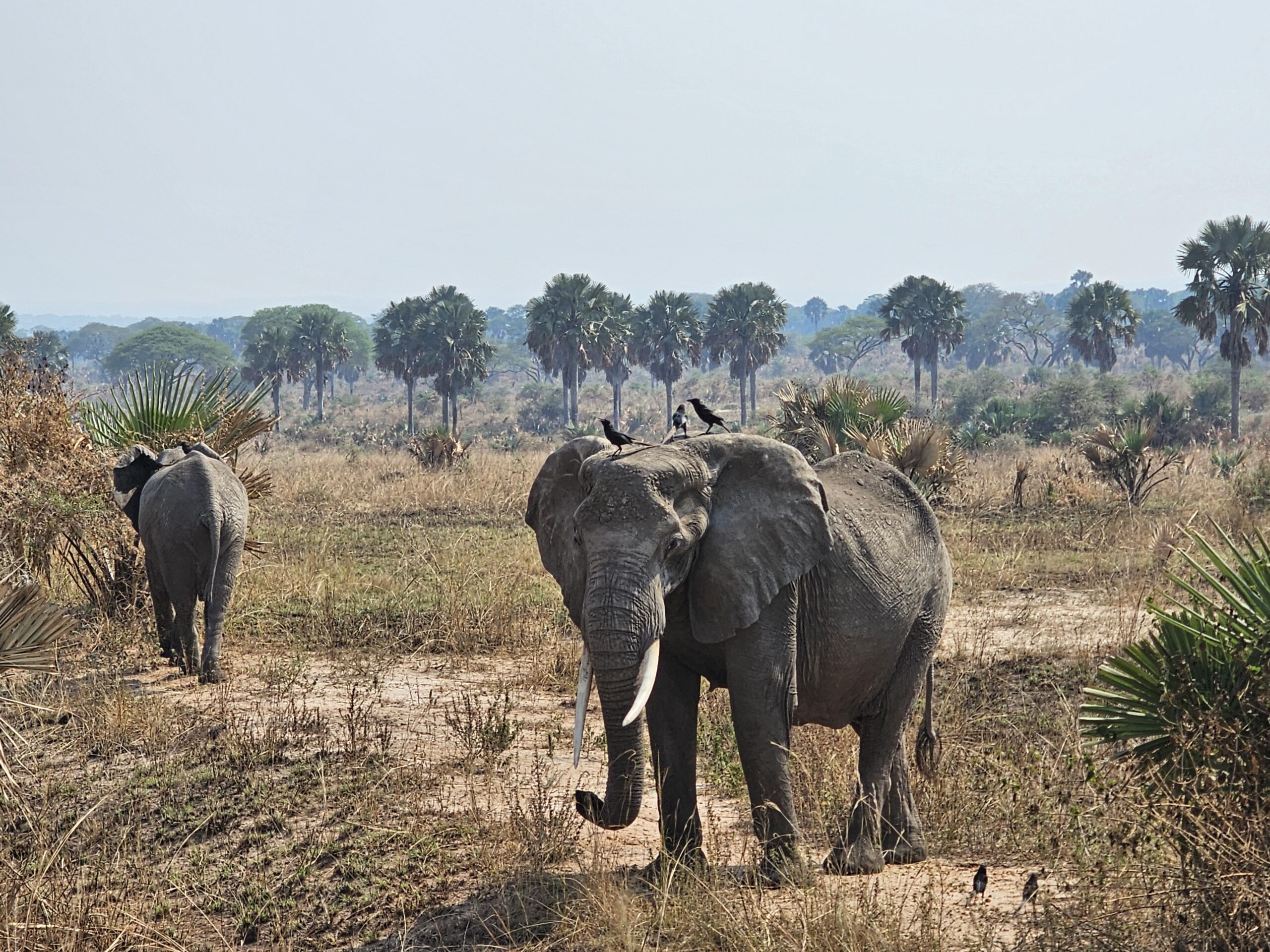
Family Safari Seasons
Planning Exceptional Family Safari Seasons
Understanding family safari seasons empowers families to plan exceptional wildlife adventures, walking safaris, hiking trips, cultural tours, and luxury safaris. Dry months like June to October and January to February offer ideal weather, abundant wildlife, and accessible roads. Wet months provide affordability, lush scenery, and private experiences. Combining safari holidays with gorilla trekking, snorkeling, coastal relaxation, and cultural immersion creates comprehensive itineraries that enrich both children and adults.
Jackal Wild Adventures leverages experience, expertise, and local knowledge to craft safe, educational, and thrilling family safari seasons, establishing the brand as a trusted authority in African tourism. Families who plan according to these seasonal insights enjoy unforgettable game drives, predator encounters, migration spectacles, hiking trips, walking safaris, and beach holidays, making every African journey memorable, enriching, and inspiring.


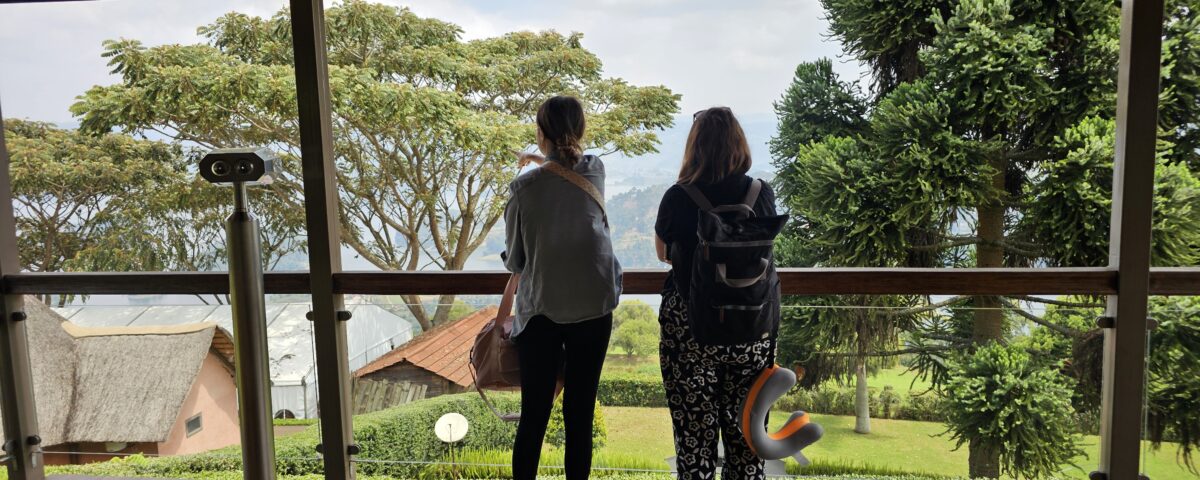

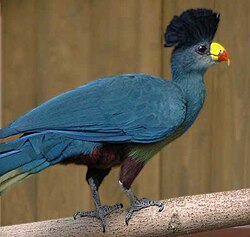
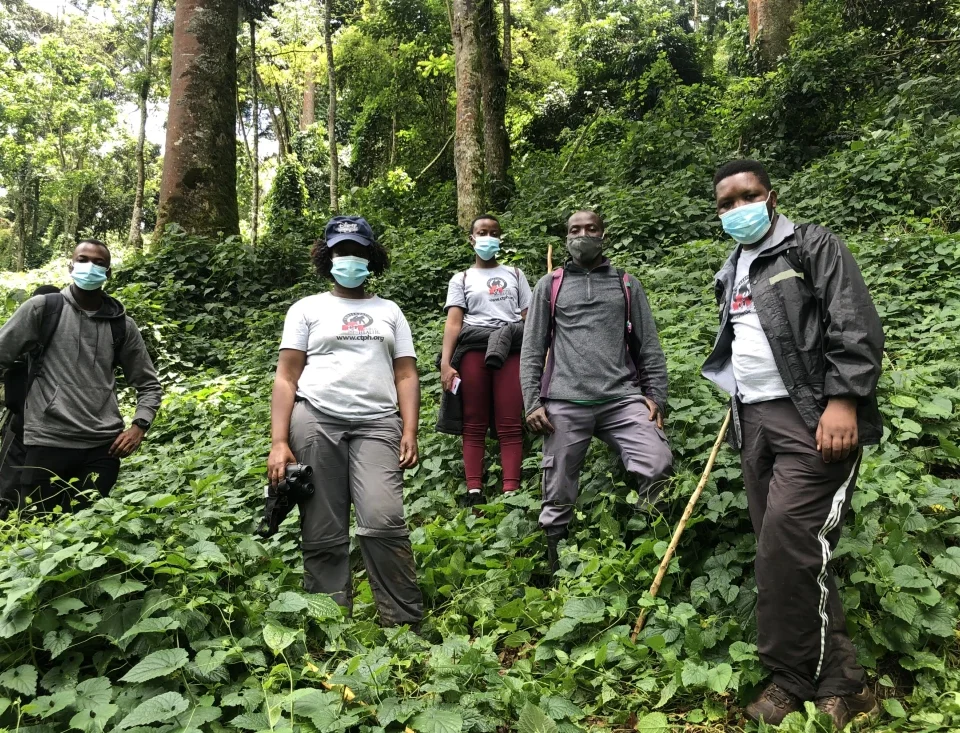
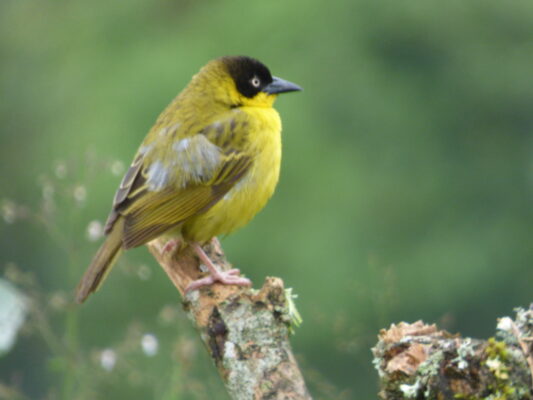

1 Comment
[…] Availability: Permits are limited to 8 people per family, per day. During peak seasons (June–Sept and Dec–Feb), availability vanishes 6–8 months in […]